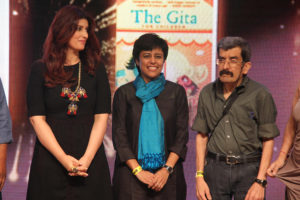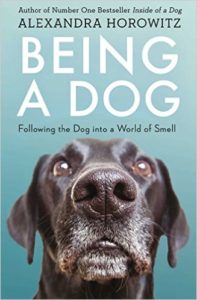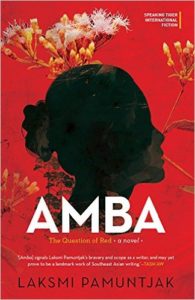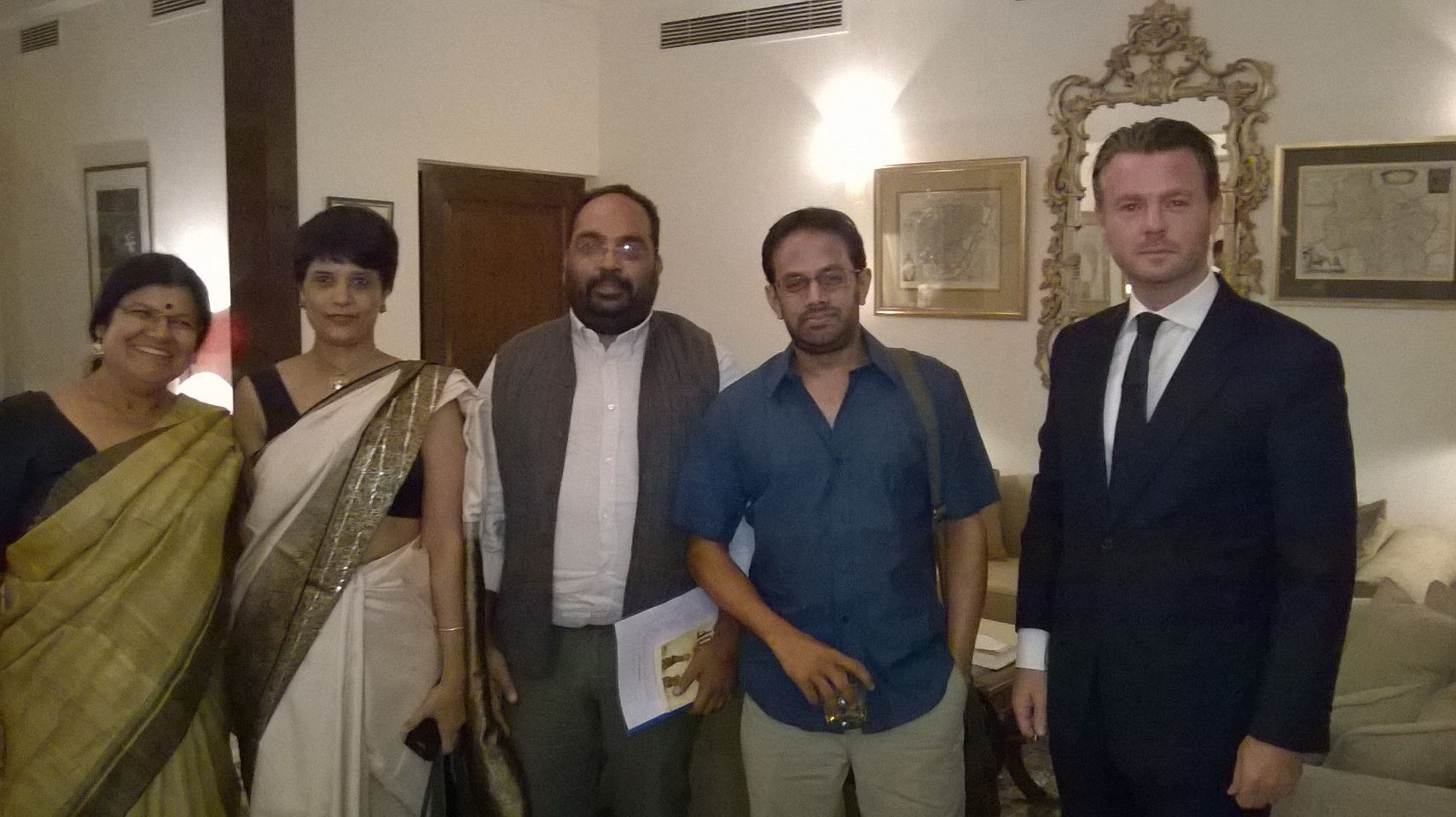Jaya’s newsletter 5 ( 1 Dec 2016)
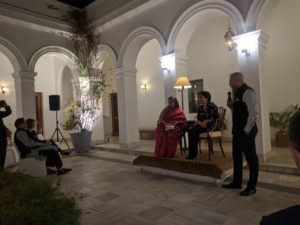 Since the last newsletter it has been a whirlwind of book releases, literature festivals and fabulous conversations. For instance a lovely evening spent at the Canadian High Commissioner, H. E. Nadir Patel’s residence for the launch of Indo-Canadian writer, Shauna Singh Baldwin’s essays — Reluctant Rebellions. Shauna read out an extract comparing the freedom women had in different geographies. She added that writing non-fiction was akin to being naked. There is no literary device as there is in fiction to hide the author’s true sentiments. Dr Shashi Tharoor spoke at the event too.
Since the last newsletter it has been a whirlwind of book releases, literature festivals and fabulous conversations. For instance a lovely evening spent at the Canadian High Commissioner, H. E. Nadir Patel’s residence for the launch of Indo-Canadian writer, Shauna Singh Baldwin’s essays — Reluctant Rebellions. Shauna read out an extract comparing the freedom women had in different geographies. She added that writing non-fiction was akin to being naked. There is no literary device as there is in fiction to hide the author’s true sentiments. Dr Shashi Tharoor spoke at the event too.
To attend the Tata Literature Live! Festival in Mumbai was award winning Australian author, Geoffrey Moorhouse. He is known for his historical fiction such as on the League of Nations. During a quiet lunch at the Australian High Commission, New Delhi, it was incredible to hear Moorhouse describe the research involved for the books. He had thought it would take a few weeks but he spent nearly four years in the Geneva archives. Mostly he was the only person reading the documents.
On 17 September 2016, H.E. Syed Muazzem Ali, High Commissioner, Bangladesh released the gently told but vivid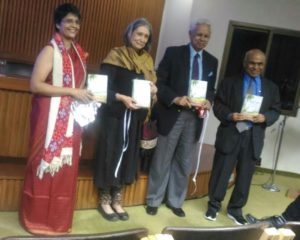 memoir of haemotologist-oncologist Dr Fazlur Rahman. It charts mostly the journey of the doctor from a village to Texas in 1969 with some insights into his experience as an oncologist, caregiver and in setting up hospices. But as the high commissioner pointed out it is in exactly such literature that the history of the subcontinent will be mapped and preserved. During the panel discussion Dr Rahman stressed the importance of empathy for the patient and caregiver and the significance of medical, physical and spiritual sustenance.
memoir of haemotologist-oncologist Dr Fazlur Rahman. It charts mostly the journey of the doctor from a village to Texas in 1969 with some insights into his experience as an oncologist, caregiver and in setting up hospices. But as the high commissioner pointed out it is in exactly such literature that the history of the subcontinent will be mapped and preserved. During the panel discussion Dr Rahman stressed the importance of empathy for the patient and caregiver and the significance of medical, physical and spiritual sustenance.
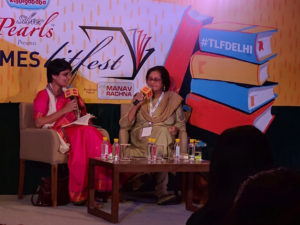 The Times Lit Fest (26-27 Nov 2016) was a tremendous success. It was a crackling good mix of speakers and the panel discussions were well curated. Everything ran with clockwork precision even though there were tremendous crowds to be seen everywhere. To discuss her elegant new novel, Things to leave Behind, I was in conversation with Namita Gokhale, writer and co-director of Jaipur Literature Festival. This multi-generations novel is set in the Himalayas, in the Nainital and Sat Tal region, putting the spotlight on socio-economic relationships, independence of women, spread of religious philosophies and the rigid caste system.
The Times Lit Fest (26-27 Nov 2016) was a tremendous success. It was a crackling good mix of speakers and the panel discussions were well curated. Everything ran with clockwork precision even though there were tremendous crowds to be seen everywhere. To discuss her elegant new novel, Things to leave Behind, I was in conversation with Namita Gokhale, writer and co-director of Jaipur Literature Festival. This multi-generations novel is set in the Himalayas, in the Nainital and Sat Tal region, putting the spotlight on socio-economic relationships, independence of women, spread of religious philosophies and the rigid caste system.
As the year draws to a close some significant literary prizes / longlists have been announced.
- Shakti Bhatt First Book Prize was won by Akshaya Mukul for Gita Press and the Making of Hindu India
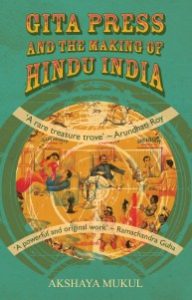
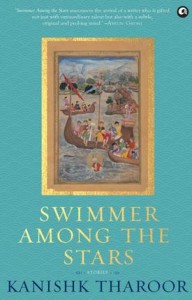 Tata Literature Live! Awards were presented with Amitav Ghosh getting the Lifetime Achievement Award and Kanishk Tharoor winning for his stupendous debut collection of stories.
Tata Literature Live! Awards were presented with Amitav Ghosh getting the Lifetime Achievement Award and Kanishk Tharoor winning for his stupendous debut collection of stories.- The International Dublin Literary Award ( formerly the IMPAC) longlist was announced and it included two Indian writers on it — Keki Daruwala and Vivek Shanbhag.
- The 14th Raymond Crossword Book Awards had an impressive list of winners. Sadly this time there were no
cash prizes awarded instead gift vouchers were given to the winning authors.
******
Jaya Recommends
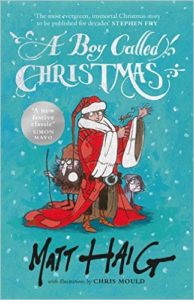 Matt Haig’s incredibly beautiful must-have modern fairy tales A Boy Called Christmas and The Girl Who Saved Christmas ( Canongate Books)
Matt Haig’s incredibly beautiful must-have modern fairy tales A Boy Called Christmas and The Girl Who Saved Christmas ( Canongate Books)- Namita Gokhale’s Things to Leave Behind ( Penguin Random House)
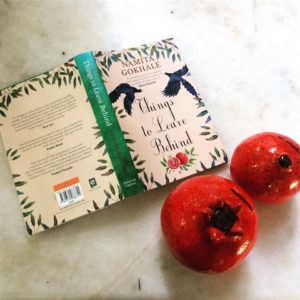
- Ranjit Lal’s Our Nana was a Nutcase ( Red Turtle)
- Jorge Luis Borges and Osvaldo Ferrari Conversations ( 1 & 2) , Seagull Books
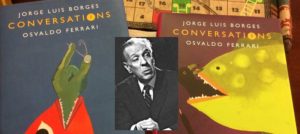
******
New Arrivals
- Being a Dog by Alexandra Horowitz ( Simon and Schuster)
- Amba by Laksmi Pamuntjak ( Speaking Tiger Books)
- Uttara: The Book of Answers translated by Arshia Sattar ( Penguin Random House)
- Bestselling author Stephanie Meyer’s new book is a thriller called The Chemist ( Hachette India)
- White Mountain: Real and Imagined Journeys in the Himalayas by Robert Twigger ( Hachette India)
******
Publishing News and links
- Nineteen years after working at PRH India, Udayan Mitra, Publisher, has quit.
- The two week long Dum Pukht residential workshop with facilitators Anil Menon, Pervin Saket, Akshat Nigam and special guest Amit Chaudhuri premieres at Adishakti, Pondicherry this Monday, 5 Dec 2016. The workshop also features one-day talks / sessions by poet Arundhati Subramaniam and historian Senthil Babu.
- Utterly fabulous BBC Documentary on UK-based feminist publishing house, Virago Press
- Neil Gaiman on “How Stories Last“
- Two centuries of Indian print. A British Library project that will digitise 1,000 unique Bengali printed books and 3,000 early printed books and enhance the catalogue records to automate searching and aid discovery by researchers.
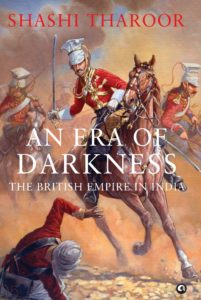 Two stupendous reviews of Shashi Tharoor’s latest book, An Era Of Darkness. The first one is by historian Indivar Kamtekar and the second by journalist Salil Tripathi.
Two stupendous reviews of Shashi Tharoor’s latest book, An Era Of Darkness. The first one is by historian Indivar Kamtekar and the second by journalist Salil Tripathi.- A lovely review by Nisha Susan of Twinkle Khanna’s short stories — The Legend of Lakshmi Prasad.
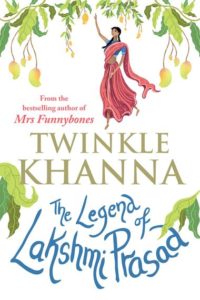
- Gopsons prints Booker winner, yet again
- Best of 2016 booklists: Guardian ( 1 & 2) , New York Times’s 100 Notable Books of 2016 and Publishers Weekly
1 December 2016

